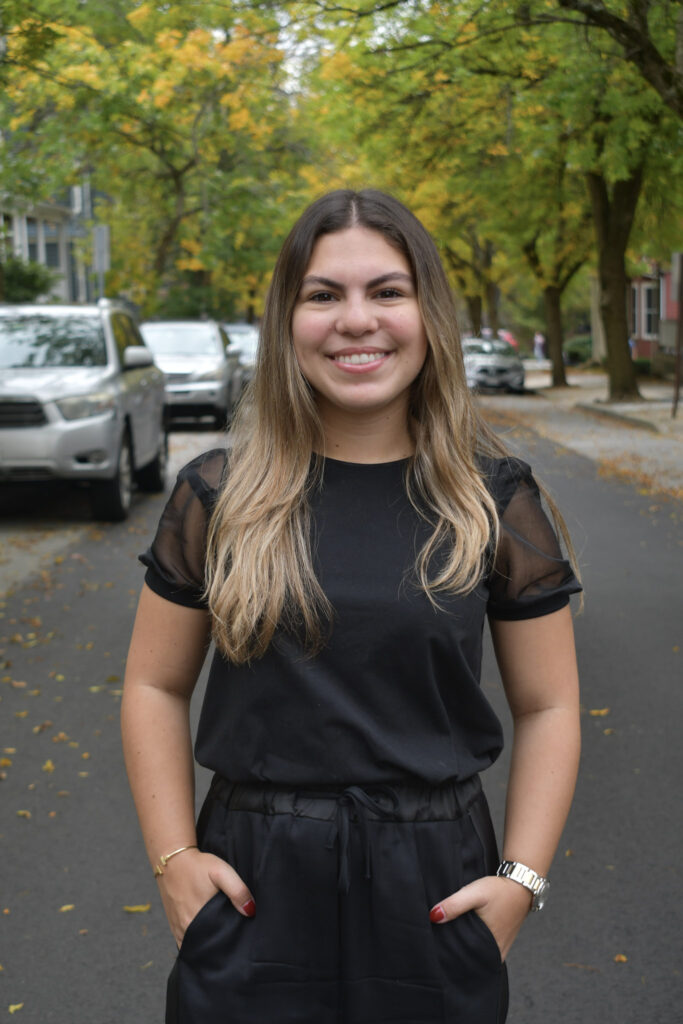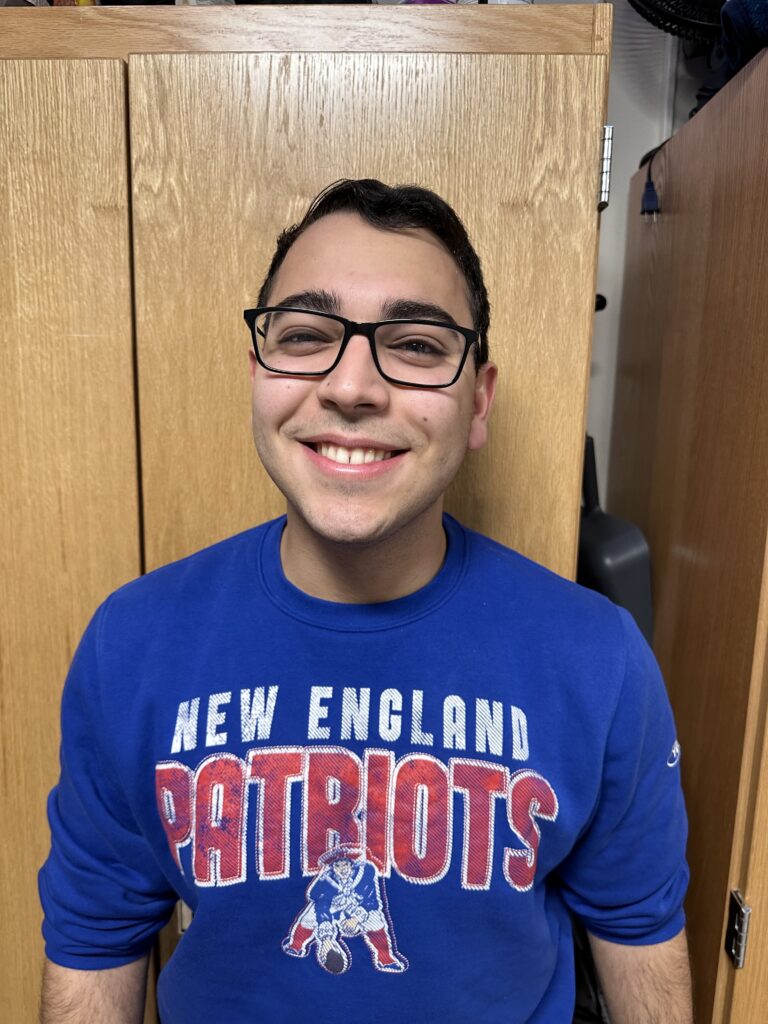Principal Investigator

Dr. Beth Costine-Bartell
| Assistant Professor of Neurosurgery Harvard Medical School |
| Temporary Academic Neurosurgery, Harvard Medical School |
| Assistant Investigator Neurosurgery, Mass General Research Institute |
My primary research focus is the pathophysiology of traumatic brain injury (TBI) and the brain’s ability to self-repair after TBI in children. There is currently no successful therapeutic for any type of TBI in children.I seek to understand the pathophysiology of TBI in children. I utilize my training in basic neuroscience to partner with my physician colleagues (specializing in pediatric neurosurgery, forensic pediatric neuropathology, pediatric neurology, and the MGH Child Protection Team) to perform lab-based research with high biofidelity to infants and children, as well as performing clinical research. My long-term goal is to create age- and injury-specific treatments for TBI, contribute to better diagnosis of abusive head trauma, and improve scientific clarity in the medicolegal system surrounding abusive head trauma.
Staff

Elizabeth Horan
Administrative Assistant
Dr. Nelson Marquez Carvajal

Alexandra Hochstetler
Post-Doc Student
Ben Baskin (research assistant)

Linda Kwakman (post-grad student)
Tawny Stinson

Samuel Kankam (graduate student)
Undergraduate Interns
Michael Mikaelian

Inori Kawauchiya
Venkat Ayalavarapu

Mariana I. Gonzalez Rodriguez
Aarush Patnala
Krystal Qiao
Andrew Schwalb
Trevor Kim

Mark Mousad
